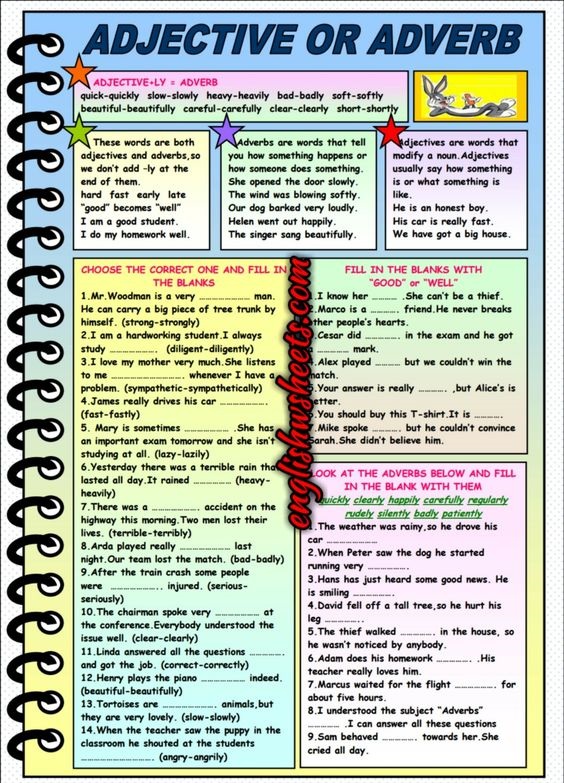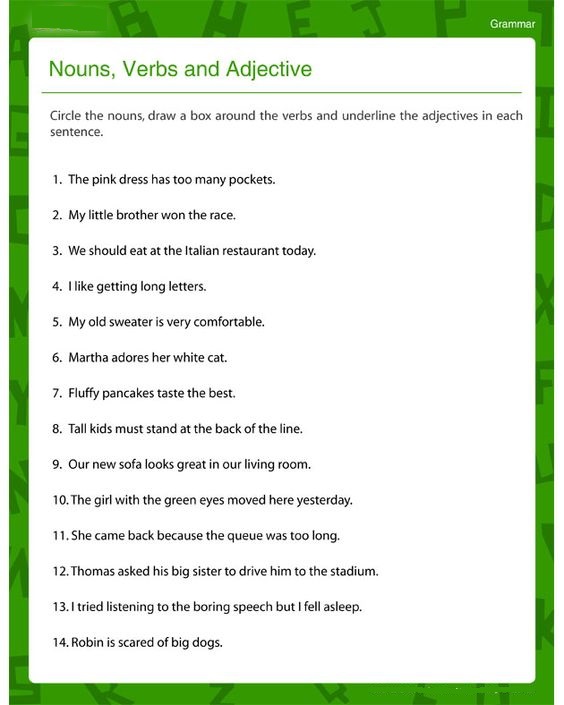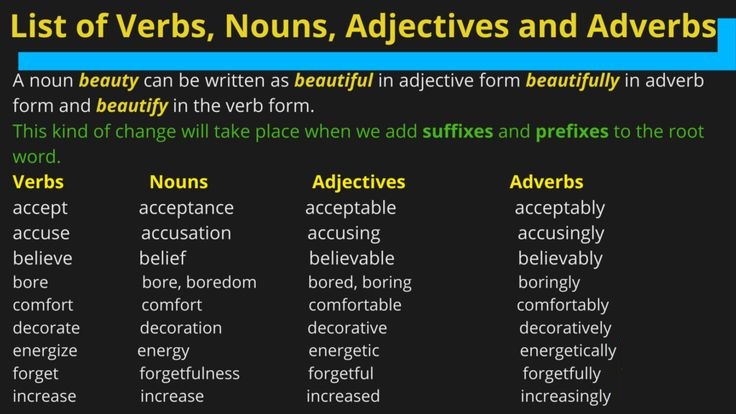A phrase is a group of words acting as a Noun, Adjective or Adverb in a sentence. It does not contain a Finite Verb but may contain an Infinite Verb (Participle, Infinitive, Gerund). In itself it cannot make complete sense, but can have meaning only through its relation to some part of the sentence in which it stands; as,
This writer was a man of great wealth.
He was a young man of great promise.
It was a scene of great beauty.
I shot an arrow into the air.
The words in italics are Phrases
Adjective Phrases
Sometimes a group of words does the work of an Adjective. Now read the following pairs of sentences:
- (a) The Russian navy was defeated.
(b) The navy of Russia was defeated. - (a) The judge was a generous
(b) The judge was a man of a generous nature. - (a) A valuable document was found yesterday.
(b) A document of great value was found yesterday.
In each of the above pair of sentences, we have first a single word qualifying the Noun and then a group of words qualifying the same Noun.
For instance, the group of words of Russia describes the navy. It, therefore, does the work of an Adjective, and is called an Adjective Phrase.
Study the following table of Adjective and the Adjective phrases that are equivalent to them:
| Adjectives | Adjective Phrases |
| A ‘golden ring | A ring made of gold |
| A popular hero | A hero liked by the people |
| A populous city | A City having a large number of inhabitants |
| A deserted village | A village without any inhabitants |
| A religious man | A man of religious nature |
| A silken turban | A turban made of silk |
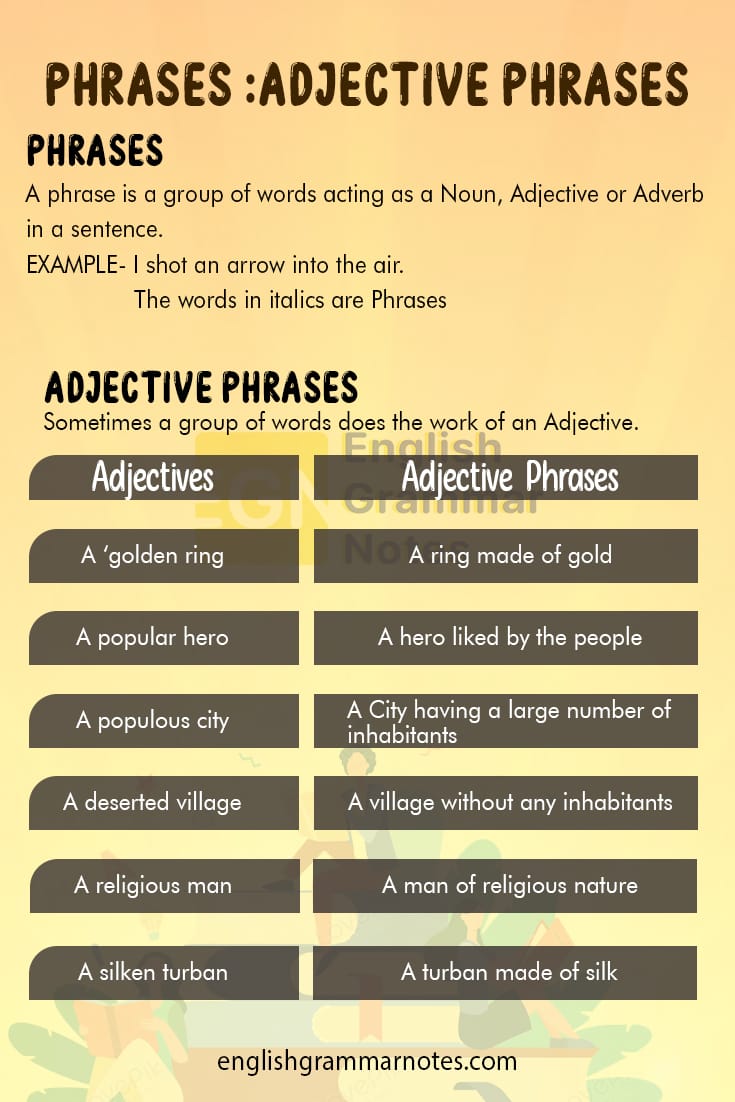
Exercise 1: Pick out the Adjective Phrases in the following sentences.
- He is the man of honour.
- He is a man of means.
- That was an act of cowardice.
- A bird in hand is worth two in the bush.
- A friend in need is a friend indeed.
- A stitch in time saves nine.
- Birds of a feather flock together.
- A man of the world would not behave in this way.
- Even the man in the street cannot be ignored.
- The paths of glory lead but to the grave.
Exercise 2: In the following sentences replace, wherever possible, the Adjectives with Adjective Phrases of the same meaning.
- Suddenly a furious storm began to blow.
- He is an honourable
- It was a horrible
- He is a professional
- He is a homeless
- This was a heroic
- That was a cowardly
- She wears a woollen
- I do not like to meet an ill-tempered
- Poets have sung praises of the Indian spring.
Exercise 3: In the following sentences replace, wherever possible, the Adjective Phrases with single Adjectives of similar meaning.
- He has done deeds of great heroism.
- A man without a friend is the most unhappy man.
- I do not like to meet a man with a bad temper.
- A man of sense like him was not expected to do this.
- The army of France was defeated.
- The boy at the top will get the scholarship.
- This is a picture without a fault.
- Walls made of stone do not make a prison.
- She readily recognised the handkerchief stained with blood.
- Ashoka was a king without fear.
II. ADVERB PHRASES
We have seen that sometimes a group of words does the work of an Adverb. Examine the following pairs of sentences :
- (a) She answered (How?)
(b) She answered in a rude manner. (How?) - (a) He was a magistrate (When?)
(b) He was a magistrate in those days. (When?) - (a) God is everywhere. (Where?)
(b) God is in every place. (Where?)
In each of the above pairs of sentences, we have first a single word (an Adverb) modifying a Verb, and then a group of words modifying the same Verb.
For instance, the group of words in a rude manner tells us how she answered.
It, therefore, modifies the Verb answered. Such a group of words that does the work of an Adverb is called an Adverb Phrase.
Study the following table of Adverbs and the Adverb Phrases that are equivalent to them
| Adverb | Adverb Phrases |
| Bravely | In a brave manner, or with bravery |
| Foolishly | In a foolish manner |
| Undoubtedly | Without doubt |
| Carelessly | Without any care |
| Formerly | In former times, or once upon a time |
| Immediately | At once, or without delay |
| Soon | In a short time, or before too long |
| Recently | Not long ago |
| There | At, in, or to, the place |
| Abroad | In (or to) a foreign country |
| Upwards | Towards a higher place or level. |
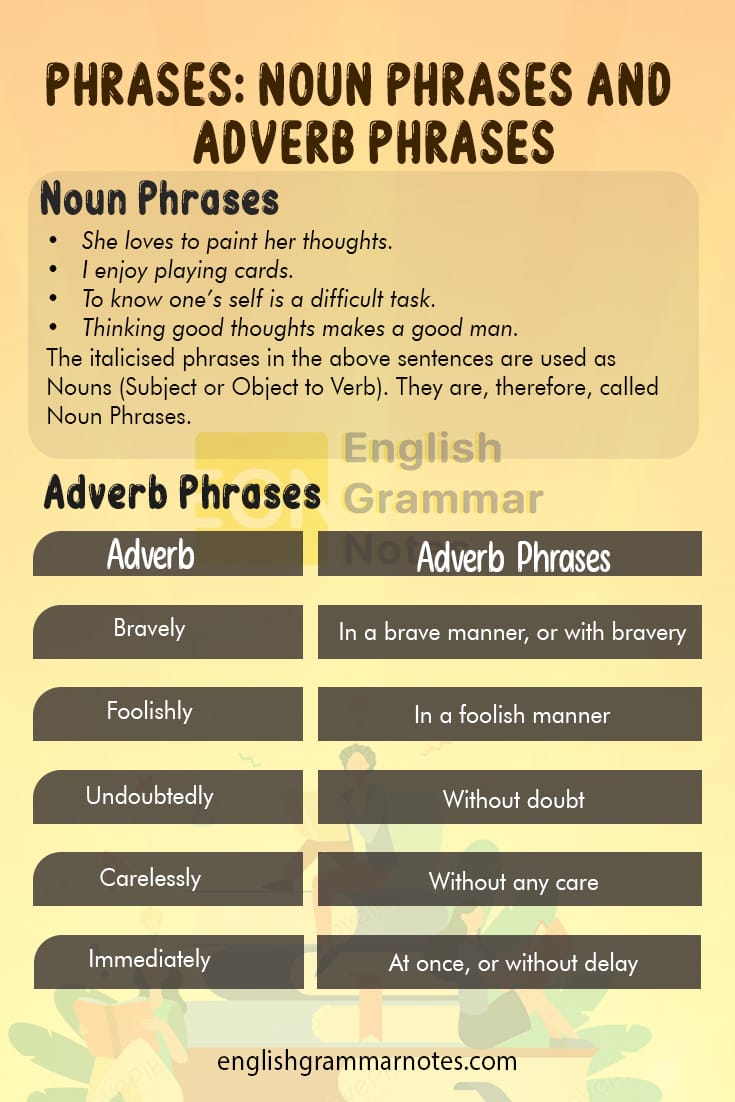
Exercise 3: Pick out the Adverb Phrases in the following sentences :
- I shall be with you in a short time. She fought in a brave manner.
- He replied in a very rude manner. She writes in a beautiful style.
- He succeeded in the long run. 6. He waited with the utmost anxiety.
- I thank you with all my heart. She walks in a swift manner.
- No such luxuries were known in those days.
- At that time she was in the prime of her youth.
Exercise 4: In the following sentences replace, wherever possible, the Adverb Phrases by single Adverbs of the same meaning
- I must start in a short
- He escaped with great skill.
- They moved with great caution.
- The rain fell without ceasing.
- He has worked to my satisfaction.
- He replied to my letter with great promptitude.
Exercise 5: In the following sentences replace, wherever possible, the Adverb by the Adverb Phrases conveying the same meaning
- She acted 2. He answered politely.
- No such customs existed 4. The man spoke angrily.
- He takes life seriously.
- He spoke eloquently.
- Slowly and sadly we laid him down.
- The poor boy’s clothes were carefully patched.
III. NOUN PHRASES
Study carefully the following sentences:
- She loves to paint her thoughts.
- I enjoy playing cards.
- To know one’s self is a difficult task.
- Thinking good thoughts makes a good man.
The italicised phrases in the above sentences are used as Nouns (Subject or Object to Verb). They are, therefore, called Noun Phrases.
Exercise 6: Pick out the Noun Phrases in the following sentences :
- I enjoy playing chess.
- To err is human.
- To forgive one’s enemies is noble.
- To suffer is the lot of social reformers.
- To be weak is miserable.
- I enjoy walking in the fields.
- He hopes to win the first prize.
- I like visiting historical monuments.
- I hate to oppress a poor helpless man.
- To dance in the streets is disgraceful.
Exercise 7: Expand the words printed in italics into phrases.
- Lying is one of the meanest vices.
- This contract is renewed
- She spoke eloquently.
- The labourers worked cheerfully.
- They acted judiciously.
- They were hurrying homeward.
- The wind blew violently.
- I thank you heartily.
- A prudent man is respected everywhere.
- An honourable man is trusted everywhere.
